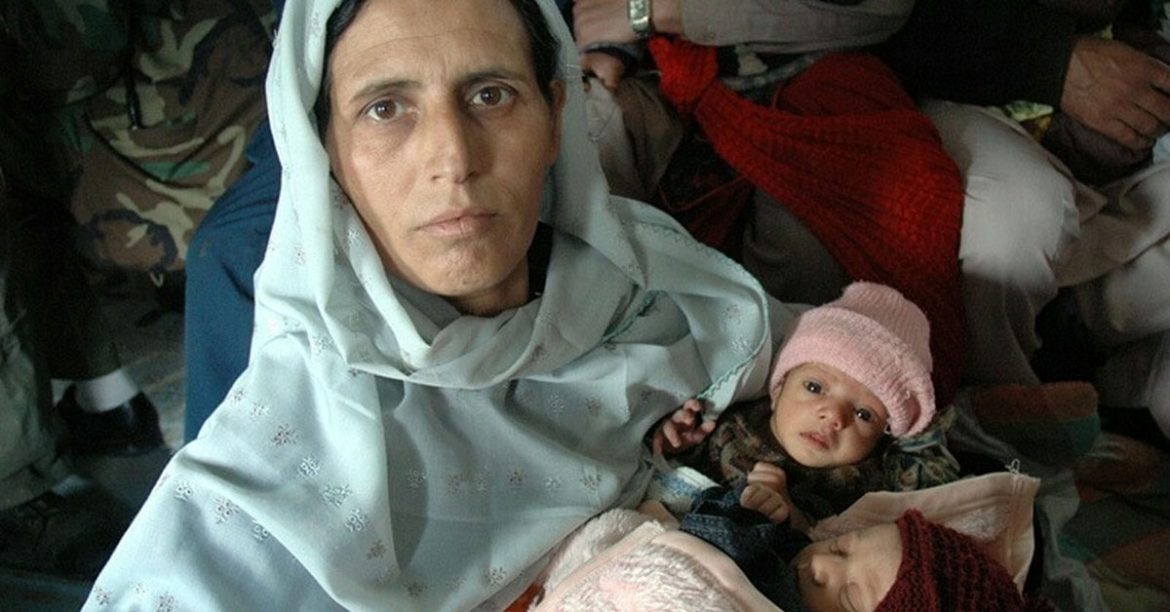- Over 41% of women in Pakistan suffer from anemia, with 14.4% underweight and 24% overweight.
- Poor maternal nutrition results in 186 maternal deaths per 100,000 live births and contributes to thousands of deaths from breast and ovarian cancer, type II diabetes, and conditions related to low birth weight and inadequate breastfeeding.
- Pakistan ranks fourth in South Asia and 35th globally for anemia among adolescent girls and women, with 918,154 new cases each year.
A recent report highlights that over 41% of women in Pakistan are affected by anemia, with 14.4% being underweight and 24% classified as overweight.
Maternal nutrition in Pakistan is in a critical state, with 186 maternal deaths per 100,000 live births. Additionally, inadequate breastfeeding practices contribute to 2,000 maternal deaths from breast and ovarian cancer and 1,100 deaths from type II diabetes each year. The country also records approximately 1.4 million cases of low birth weight annually.
These findings were presented in the ‘Cost of Inaction Tool’ report by Nutrition International, unveiled at the ‘National Policy Dialogue on Economic Case for Maternal Nutrition’ held in Bhurban and organized by the Ministry of National Health Services (NHS).
The report also reveals that undernutrition costs Pakistan around $17 billion annually, equivalent to 1% of the global income. The country sees 918,154 new cases of anemia among pregnant women and girls aged 15 to 49 each year. It ranks fourth in South Asia and 35th globally for anemia prevalence among adolescent girls and women.
Furthermore, Pakistan incurs a $28 billion cost due to inadequate breastfeeding, with 6.9 million diarrhea cases, 19,000 cases of child obesity, 30,525 child deaths (from diarrhea and pneumonia), and 3,196 maternal deaths (due to breast and ovarian cancer and type-II diabetes) reported annually.
Also Read:
Understanding Cellulite & Breaking Beauty Standards for Women
The federal health ministry, provincial health departments, and various stakeholders including WHO, UNICEF, and WFP, endorsed the report. During the event, the federal government also signed the ‘Bhurban Declaration’ with stakeholders, committing to accelerate the ‘Pakistan Maternal Nutrition Strategy 2022-27’ through a comprehensive maternal nutrition package from preconception to postpartum care.
The declaration aims to integrate maternal nutrition into existing health services and universal health coverage frameworks, increase public funding for maternal nutrition programs, and enhance response mechanisms for addressing women’s nutritional needs in emergencies.
Dr. Fouzia Hanif, Deputy Director of Reproductive Maternal Newborn Child Adolescent Health and Nutrition at the federal health ministry, emphasized the need for targeted interventions to break the intergenerational cycle of malnutrition. She called for a coordinated approach to develop a holistic strategy based on the Pakistan Costed Multi-Sectoral National Nutrition Action Plan 2023-2030, expressing optimism that the declaration will drive sustained progress in maternal nutrition in Pakistan.
Dr. Irfanullah from Nutrition International stated, “Our efforts are focused on providing essential micronutrient supplementation, building healthcare provider capacity, and ensuring quality care for positive pregnancy outcomes and safe births.”
